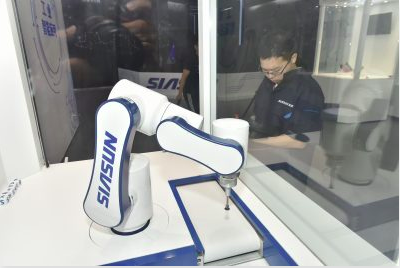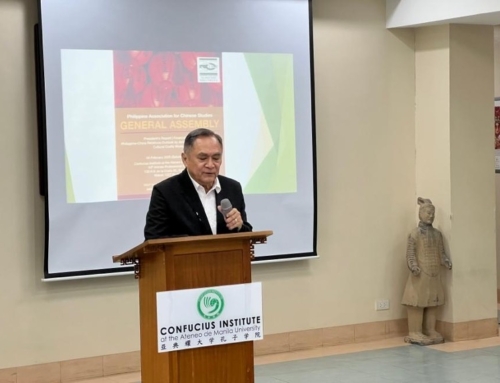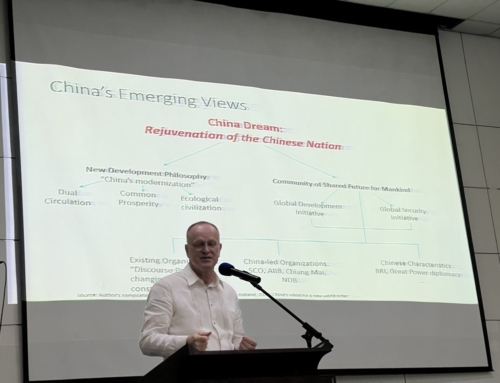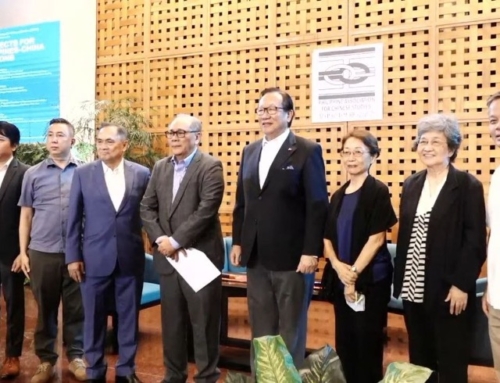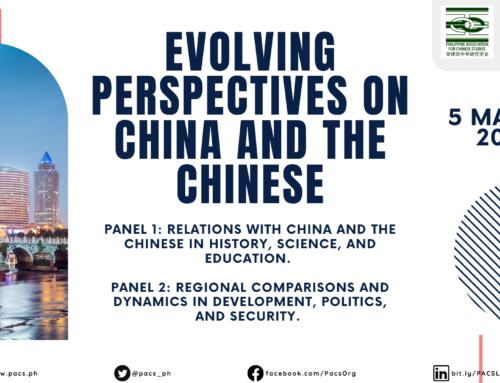Skip to content
Chinese science and the US–China tech war
The sharp deterioration of US–China relations raises a series of challenges for Chinese scientific development. US concerns over China’s technological progress are leading to a notable tightening of export controls and foreign investment regulations, stricter controls over visas for Chinese scientists and engineers and active investigations into the behaviour of ethnically Chinese scientists working in US universities and companies. The once flourishing bilateral relationship in science and technology — in universities, industry and government — is now clouded by growing concerns over national security and the protection of intellectual property.
But while pressures from the United States could inhibit progress in the short run, they could also further stimulate techno-nationalist efforts — reminiscent of the withdrawal of Soviet assistance in the early 1960s — to build more independent Chinese systems for research and innovation. Four characteristics of Chinese scientific development will condition its response to a technology war.
First, the complex interactions between China’s exposure to international science and technology and its indigenous development experiences present cultural conflicts as well as policy challenges. The international environment — especially interactions with the United States — strongly influenced the speed and direction of Chinese science and technology. While tapping into the resources of the international environment, China also put in place a series of domestic research, education and industrial policies to enhance indigenous capabilities and to facilitate the assimilation of knowledge from abroad. Although this dual-track strategy has been largely successful, underlying tensions between the ‘foreign’ and the ‘domestic’ persist and shape political and cultural orientations towards science, technology and innovation.
Second, there has long been a divide between Chinese industrial enterprises and a research system centred in universities and in the Chinese Academy of Sciences. Until recently, the enterprise sector lacked a strong research orientation and sought proven technologies from abroad instead of longer-term developmental cooperation with the domestic research system. Read more…
PACS2019-10-02T07:36:15+00:00
Share This Story, Choose Your Platform!
